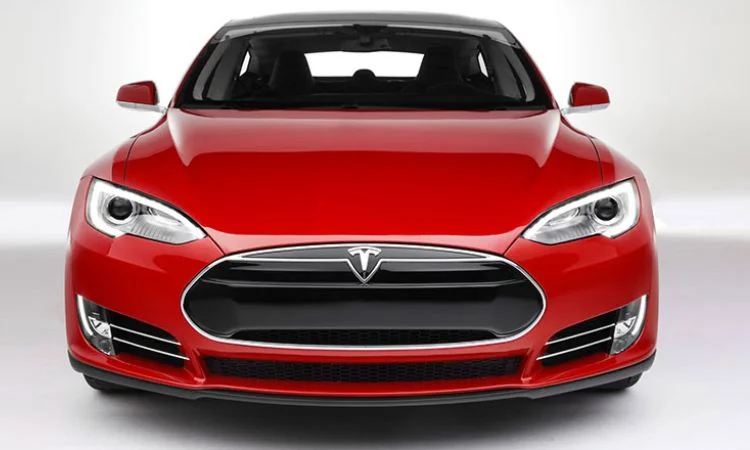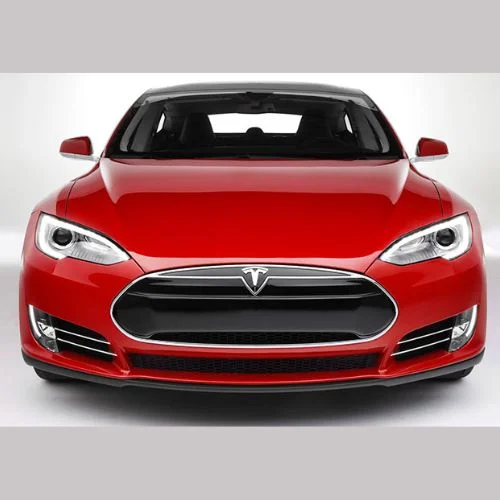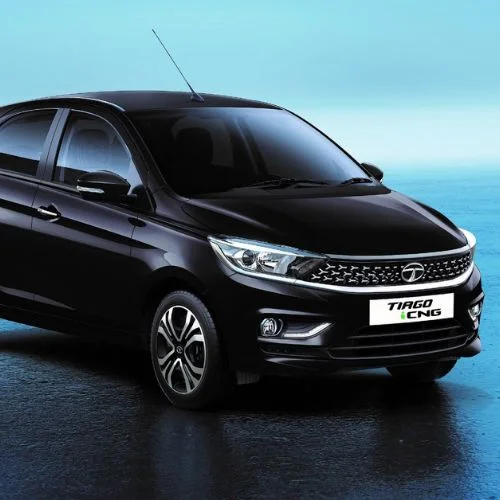Tesla, the global leader in premium electric vehicles, is set to make its highly-anticipated India entry before the end of this year. In a major boost for the country’s growing EV market, the American automaker will launch its first models built at the Gigafactory Berlin for the Indian market.

While the exact launch date and vehicle(s) are yet to be confirmed, reports indicate Tesla has commenced production of right-hand drive variants for India at its plant in Germany. The first batch of cars is likely to be imported to meet initial demand while satisfying regulations that allow up to 8,000 imported EVs annually at a reduced 15% duty.
The anticipation leading to Tesla’s India debut has remained high among enthusiasts, along with analysts as well, for long. The entity’s commitment to up-to-date technology, outstanding range and performance has triggered worldwide competition and eventually help disrupt worldwide markets. The addition of its vehicle to the market shall subsequently hasten India’ in terms of sustainable mobility and will appeal to customers who want something that is electric yet luxurious.
There seem to be some pieces of information arising that EV makers are planning an expedition with their executives into different factory locations across the biggest automotive centers of the country. The principal states that would be focus are Maharashtra, Gujarat and Tamil Nadu, which are advanced infrastructurally and in proximity of ports, an important aspect for Tesla export from India.
In line with that, it is proposed that the company constitutes a subsidiary whose ownership is wholesale, and injects $3 billion in order to set up a local plant. The plant is capable of producing 500,000 units per annum and is going to fulfil India’s demand for our cars while also exporting sedans like the Model 3, and Model Y to other parts of the world.
Tesla has launched a pioneering attempt: This car is a small one of low cost named as ‘Model 2’ particularly for India. With the aim of costing less than USD 30,000 and localized production for internal market and global exports, particularly to Asia, Africa, the Middle-East and certain European countries will be under consideration.
The Model 2 is especially important for tapping the mass market potential in India where customers seek affordable electric mobility solutions. It will compete with rivals like Tata Motors which leads EV sales with offerings such as Nexon EV and recently launched Tiago EV.
Tesla’s launch aligns with India’s push to accelerate EV adoption through production-linked incentives. The government aims 30% electric mobility by 2030 in a bid to reduce oil imports and curb pollution. Recent policy reforms have lowered taxes for EVs as well as permitted direct import of up to 8,000 completely built units annually.
Industry experts believe Tesla’s entry will be a game-changer, catalysing India’s transition to clean transport. Its superior technology, brand image and global learnings are expected to set new benchmarks for range, performance and driving experience.
On the other hand, the fact that the company is planning to establish facilities for local manufacturing is furthering Prime Minister Modi’s dream of ‘Atma Nirbhar Bharat’ where India makes the most of its own capabilities. Tesla can empower not only the creation of local jobs but also skill and entrepreneurial growth of the automotive industry by using local components and outsourcing a part of its production.
For the electric vehicle market in India it is anticipated that both with policy support and the rising purchasing capacity, the growth rate will constantly be more than 90% in coming years. The world’s fifth largest car market brings a potential to automakers to mine the next growth level, hereby involving the process of growth. The detailed plans of Tesla affirm the company’s dedication to this project as it leads to the EV revolution in India.















